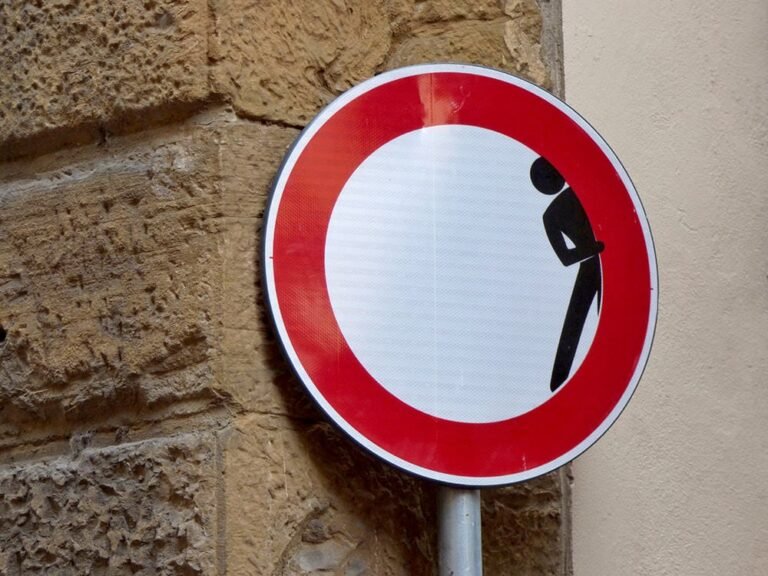Homophones
In French, there are many nouns that have the same sound but different genders and meanings. Here’s a list of some examples:
- Le tour (the tour) / La tour (the tower)
- Les cours [masc. plural] (the lesson, class, course) / La cour (the court, courtyard)
- Le mousse (the foam) / La mousse (the moss)
- Le poste (the position or job) / La poste (the post office)
- Le manche (the handle) / La manche (the sleeve)
- Le pêche (fishing) / La pêche (peach)
- Le conte (the story) / La comte (the countess)
- Le masque (the mask) / La masque (the blush)
- Le mode (the mode or fashion) / La mode (the fashion)
- Le vase (the vase) / La vase (the mud)
- Le livre (the book) / La livre (the pound)
- Le foie (the liver) / La foi (faith)
- Le mur (the wall) / La mûre (the blackberry)
- Le sel (the salt) / La selle (the saddle)
- Le maire (the mayor) / La mer (the sea)
- Le poil (the hair) / La poêle (the pan)
- Le bas (the lower part) / La bât (the pack-saddle)
These nouns are homophones, which are words that sound the same but have different meanings and genders.






